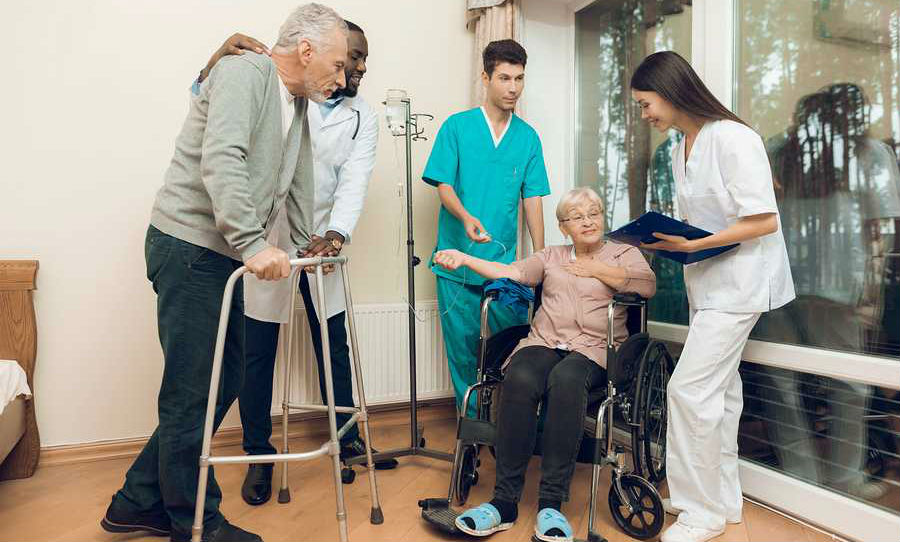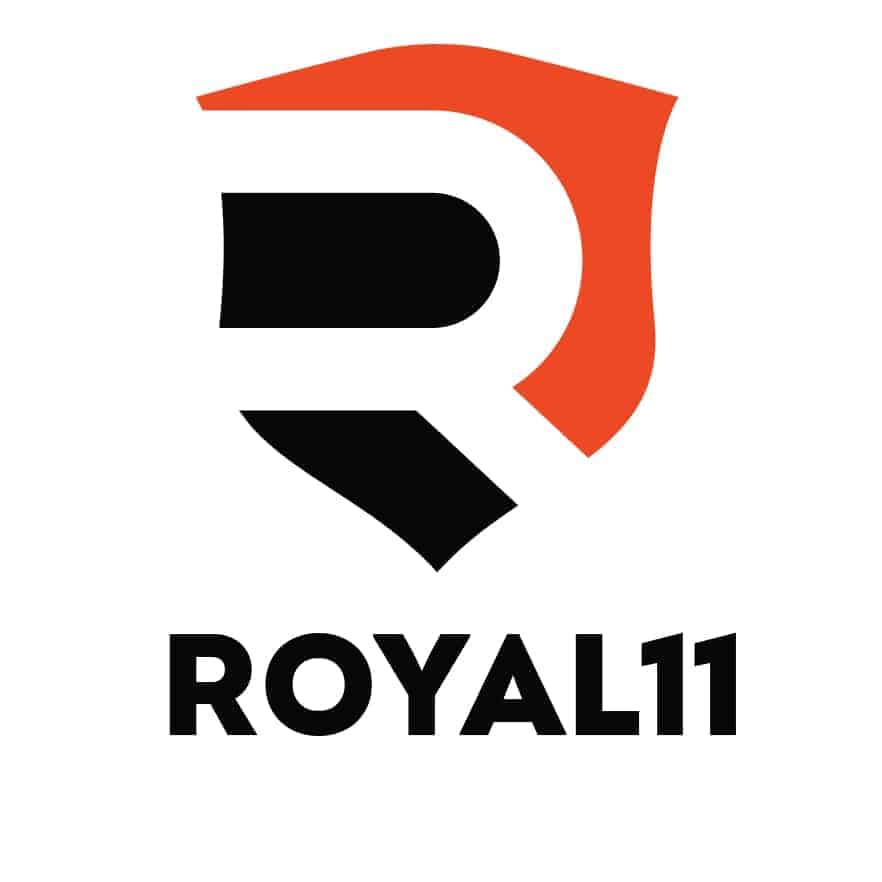Skilled Nursing Homes Explained: Ensuring Quality Care for Your Loved Ones

Table of Contents Show
Table of Contents
- What Are Skilled Nursing Homes?
- Services Offered in Skilled Nursing Homes
- Choosing the Right-Skilled Nursing Home
- Ensuring Quality Care and Safety
- Costs and Financial Options
- Benefits of Skilled Nursing Homes
- The Role of Technology in Skilled Nursing Homes
- The Future of Skilled Nursing Facilities
What Are Skilled Nursing Homes?
Skilled nursing homes provide comprehensive medical and personal care for individuals requiring significant assistance with daily tasks. They offer 24/7 care provided by certified nurses and medical professionals, catering to both long-term chronic care and short-term rehabilitation post-hospitalization. For instance, if you’re considering a skilled nursing home Missouri, it’s crucial to understand the wide range of services and the level of quality care they can offer to ensure the best possible environment for your loved ones.
Services Offered in Skilled Nursing Homes
Skilled nursing facilities provide a wide range of services to meet the various needs of their residents. These treatments include speech therapy for people who struggle with communication, occupational therapy to help with everyday chores, and physical therapy to help restore mobility. Standard medical procedures include wound care, intravenous therapy, and vital sign monitoring. To ensure that patients live comfortably and with dignity, skilled nursing facilities offer assistance with daily tasks like eating, dressing, and taking a shower in addition to these clinical treatments. Additionally, a lot of institutions have customized programs designed to address specific medical issues, including diabetes, heart problems, and Alzheimer’s disease. These initiatives are made to tackle the particular difficulties connected to these diseases, offering focused treatments and continuous monitoring. For a comprehensive comparison of the services offered by different facilities, the Medicare rating tool is a valuable resource for families making this critical decision.
Choosing the Right-Skilled Nursing Home
Making the best-skilled nursing home choice is a big decision that has to be carefully thought out. Selecting facilities that are easily accessible for family visits is one of the first phases in the process. Better monitoring and involvement in the care regimen are also made possible by the close closeness. Prospective residents and their families should see a variety of facilities to get a sense of the overall atmosphere, cleanliness, and environment. It’s critical to have conversations with staff members during these visits in order to assess their credentials, background, and style of providing care. You can learn more about the caliber of care given by reading other families’ evaluations and looking up the facility’s ratings. Concerns about the staff-to-resident ratio, the qualifications of medical staff, and the availability of programs for specialized care should be asked. This due diligence helps ensure that the chosen facility aligns with the specific needs and preferences of the resident.
Ensuring Quality Care and Safety
Ensuring quality care and safety in a skilled nursing home is paramount. Families should seek facilities with a proven track record of high-quality care and adherence to safety standards. This can be verified through regular inspections and certifications from health authorities. Facilities that prioritize continuous education and training for their staff often maintain higher standards of care. Accessing resources such as the Agency for Healthcare Research and Quality provides valuable guidelines and benchmarks that facilities must meet to ensure patient safety and quality care.
Furthermore, regular communication with the care team and participating in care plan meetings allow families to stay informed and involved in the care process. This active involvement helps identify any potential issues early and ensures that the care provided is aligned with the family’s expectations and the resident’s needs.
Costs and Financial Options
Private pay offers flexibility in choosing a preferred facility and specific services but can be costly. Health insurance plans may offer partial or complete coverage for skilled nursing care, but it’s crucial to review the policy to understand coverage, exclusions, and claim processes. Medicare and Medicaid provide substantial financial aid for eligible individuals, covering short-term rehabilitation stays and long-term care costs. Understanding the application process, required documentation, and eligibility criteria is essential for accessing these benefits. It’s essential to verify these details beforehand to avoid surprises later.
Benefits of Skilled Nursing Homes
Skilled nursing homes offer numerous benefits that contribute to the overall well-being of residents. One of the most significant advantages is access to specialized medical care whenever needed. The presence of licensed nurses, physical therapists, and other healthcare professionals ensures that residents receive timely and appropriate medical attention. These facilities are also equipped with the necessary medical equipment to manage various health conditions effectively.
Furthermore, residents at skilled nursing facilities are encouraged to lead balanced and enjoyable lives through the implementation of scheduled programs that incorporate social, recreational, and physical activities. Peer socialization in a nurturing setting lessens feelings of loneliness and enhances mental wellness. The knowledge that their loved ones are in a secure, caring, and medically monitored setting provides families with immeasurable peace of mind.
The Role of Technology in Skilled Nursing Homes
Technology has emerged as a pivotal element in enhancing the care provided in skilled nursing homes. Telehealth services, for instance, allow residents to consult with healthcare providers without needing to leave the facility, providing convenient and continuous medical care. Electronic health records (EHRs) ensure that accurate and up-to-date medical information is readily accessible to all care team members, facilitating coordinated and efficient care processes.
Additionally, the integration of smart-home technologies, such as automated fall detection systems and remote health monitoring devices, significantly enhances resident safety. These technological advancements reduce the risk of emergencies and allow for immediate intervention when necessary. The use of technology not only improves care quality but also boosts operational efficiency within the facility.
The Future of Skilled Nursing Facilities
The field of skilled nursing is continually evolving, with a growing emphasis on personalized care, technological integration, and enhanced quality standards. As the aging population increases, these trends are expected to shape the future landscape of skilled nursing homes. Future facilities are likely to adopt more holistic care approaches, blending traditional medical treatments with wellness programs, mental health support, and alternative therapies. Innovations like artificial intelligence and robotics may play significant roles in future care models, providing additional support to healthcare professionals and improving resident outcomes. The focus on creating a home-like environment, fostering social connections, and ensuring resident dignity and autonomy will likely remain central to the evolution of skilled nursing facilities.





Responses